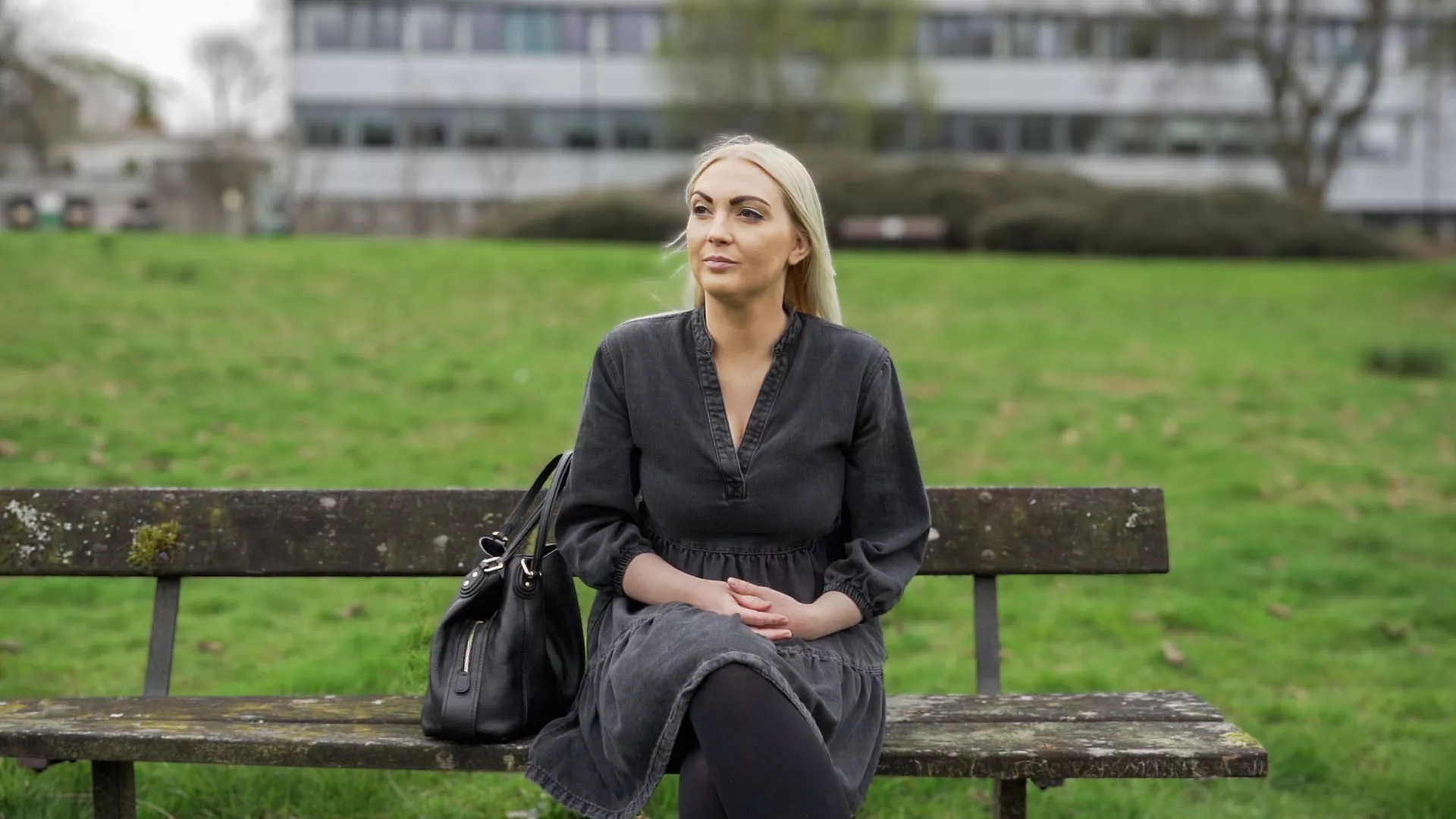
Diabetes Scotland health psychology intern Courtney Few has been working with the charity for three years. Read our interview with Courtney who tells us what health psychology is, how she’s been applying this to support people living with by diabetes, and how she’s marking the occasion by launching Coaching for Control for young people.
What is health psychology?
Health psychology is a branch of psychology that uses psychological theories and principles to improve people’s physical health and wellbeing, applying science to practice.
It’s broad in scope – relating to health of individuals, groups, and communities. It’s holistic – focusing on the person in their social, economic and cultural context. A lot of the work we do is around changing health behaviours – supporting healthier behaviours, preventing those that are unhelpful, and promoting better health for people with illness or longer-term health conditions.
I’m studying health psychology at the University of Stirling - the Professional Doctorate which is the culmination of health psychology training, after undergraduate and masters, that enables graduates to use the title ‘Health Psychologist’ and to practice as an independent scientist-practitioner.
What sparked your interest in diabetes?
During my masters, we were invited to study a condition we didn’t know anything about. I chose diabetes.
The more I researched the condition, and understood that diabetes doesn't just affect you physically, and that it can affect you emotionally, the more interested I became interested in applying psychological theories and principles to supporting people living with diabetes.
I had the good fortune to join Diabetes Scotland in 2021 and since then I’ve been focusing on supporting people’s wellbeing.
What have you been developing at Diabetes Scotland?
Diabetes Scotland has been a great environment for me as a health psychology trainee. I’ve been made to feel part of the team and encouraged to develop and implement fresh ideas, all of which is helping my learning and enhancing the work of the charity. What I bring to the table is academic knowledge and experience, and practical supervision from my university supervisors.
Diabetes Scotland’s families lead Cheryl has been my Placement Supervisor. We’ve been working on piecing together support for different parts of the family from different perspectives and what we can do to fill in the gaps to best meet the needs of the whole family.
It became clear that support with understanding and managing thinking, emotions and behaviours was important to parents and young people. We also recognised that support for the whole family will help the wellbeing of young people in general.
So, I’ve helped develop AcT1on, a therapeutic eight-session programme for parents and carers of children with diabetes. It’s based on Acceptance and Commitment Therapy and is the first self-guided programme of its kind.
I’m chuffed to bits at the feedback we’ve been getting about the programme:
- “Such a useful resource and programme to have taken part in. Makes me think of stress in a different light.”
- “This has absolutely helped us live more positively together as a family.”
Coaching for Control
Another project I’ve been developing is Coaching for Control, a coaching service for 13–30-year-olds with type 1 diabetes.
Coaching for Control is for young people who recognise that they could benefit from help with becoming motivated to engage in positive health behaviours, and with setting behavioural goals which can support physical and emotional well-being, but who, for one reason or another, don’t want to discuss this with a parent or member of their healthcare team.
Over a series of online sessions, I work with young people on a one-to-one basis to identify goals that are important to them and use psychological based strategies to help, guide, and motivate young people to make improved choices on the things that matter most to them.
Final thoughts
Reflecting on my three years with Diabetes Scotland, it’s been a great experience. I’ve learned so much from the chance to spend time talking with parents, carers, and young people. It’s changed how I view the world and enabled me to apply my academic training to develop support that best suits people’s needs.
Cheryl has a wealth of experience and has been great at working in a way that’s enabled me to fulfil my course requirements at the same time as progress Diabetes Scotland priorities. Together, we’ve come up with some great ideas. I’m grateful.
My experience with Diabetes Scotland has helped me realise that, when I finish my doctorate, as opposed to moving into academia, I may like to go into the clinical side of my field, working with people.
Vivien Swanson, Co-Director of the Professional Doctorate in Health Psychology at the University of Stirling shares what Courtney’s placement has meant from her perspective.
“The Professional Doctorate in Health Psychology programme that’s been running since 2019 is hard work for our trainees, but we’ve found internships offer rewarding experiences for the trainee, the host organisation and the University.
“Organisations like Diabetes Scotland are often able to work in complementary and innovative ways that are more difficult to achieve in formal health service contexts. Where internships work well, there is potential for sustainable innovation and change for the organisation, and the development of lasting, positive working relationships for collaborators."
Watch our video - Courtney talks about Coaching for Control.
